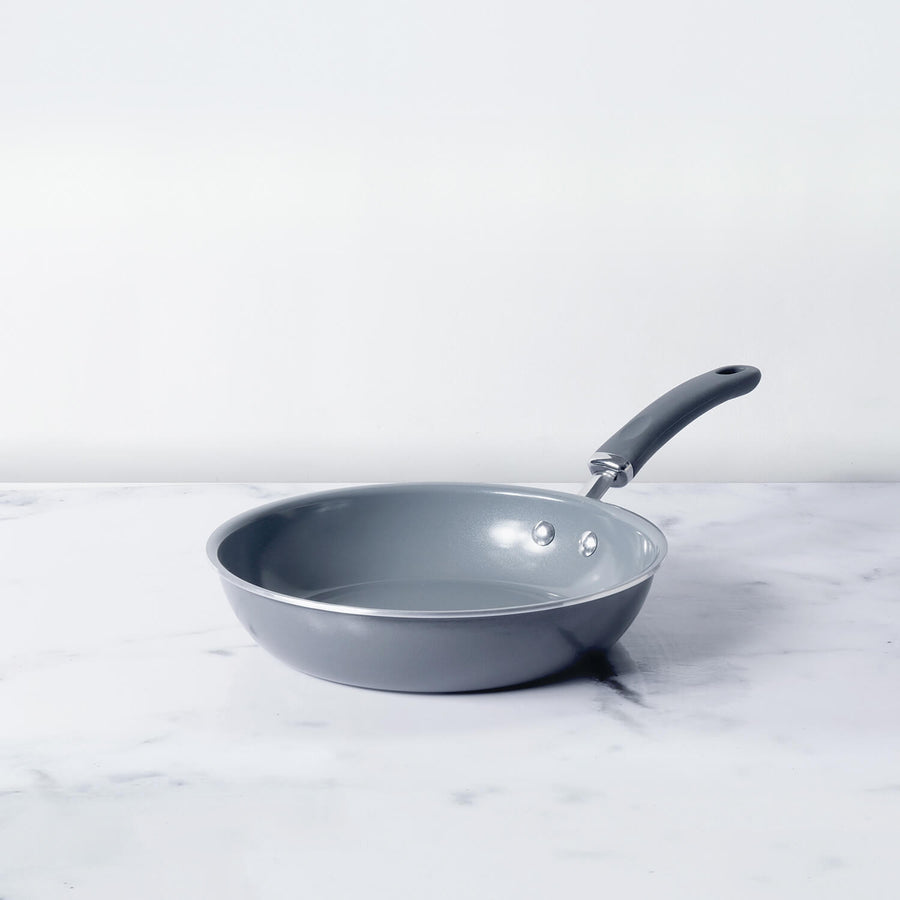Senna is an herb that comes from the leaves, flowers, and fruit of the Cassia plant. Typically, you can purchase it as an over-the-counter (OTC) tea or dietary supplement.
Most frequently, it's employed as a laxative or stimulant. However, some businesses promote it as a means of detoxing or losing weight.
Health benefits / Uses:
Constipation:
The most typical application of senna tea is treating sporadic constipation. Senna's active ingredients have been proven to have a potent laxative effect. They function by causing irritation to the colon's lining. This encourages bowel movements and colon contractions.
Senna also stops the intestines from reabsorbing electrolytes and water. This makes the intestines more fluid-filled and softens the stool.
Please note that senna tea is simply a band-aid solution. It should only be used for one to two weeks at most. Consult your doctor if you continue to feel congested.
Colonoscopy Prep:
Senna has been employed in conjunction with other cleaners to prepare the colon for a colonoscopy, a surgical technique used to check for colon cancer. Senna is proven to promote colon cleansing when combined with other substances.
Gastrointestinal Disorders:
Irritable bowel syndrome is occasionally treated with senna (IBS), when specifically examining IBS combined with constipation. But there is no scientific evidence to support the use of senna tea or other senna products to treat these conditions.
Other potential uses:
Additionally, some individuals may take Senna tea to lessen the discomfort brought on by haemorrhoids. Senna's ability to lessen haemorrhoid symptoms has, however, not been properly investigated.
Precautions and side effects:
Senna tea is generally considered safe for most adults and children over 12 years of age. However, it comes with some risks and side effects. The most common side effects of senna tea are:
- Stomach discomfort
- Cramps
- Diarrhea
- Nausea
- Vomiting
- Bloating
Stop using the supplement if you exhibit significant side-effect symptoms, and inform your doctor of your symptoms.
Senna is possibly unsafe when used for more than a week or at doses greater than 34.4 mg sennosides twice daily. The bowels may cease to operate normally as a result of prolonged use, which may result in laxative dependence. Additional negative effects from prolonged use include liver damage.
FAQ’s:
What Happens If I consume too much Senna?
Senna should not be taken for more than one week at a time. Senna should only be taken for longer than a week if a doctor is supervising you.
Senna use for a long length of time can cause dependence. Without senna, the colon might not work properly and effective bowel motions would not happen.
Senna consumption in excess can cause liver damage. Additionally, it could cause bloating and diarrhoea. Senna abuse can occasionally result in excruciating abdominal cramps.
Is daily senna tea consumption okay?
Possibly not, according to the FDA's warnings for senna capsules. Senna use over an extended period of time or on a regular basis raises concerns that it could affect gastrointestinal function.











Leave a comment